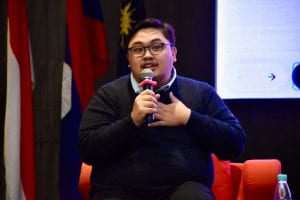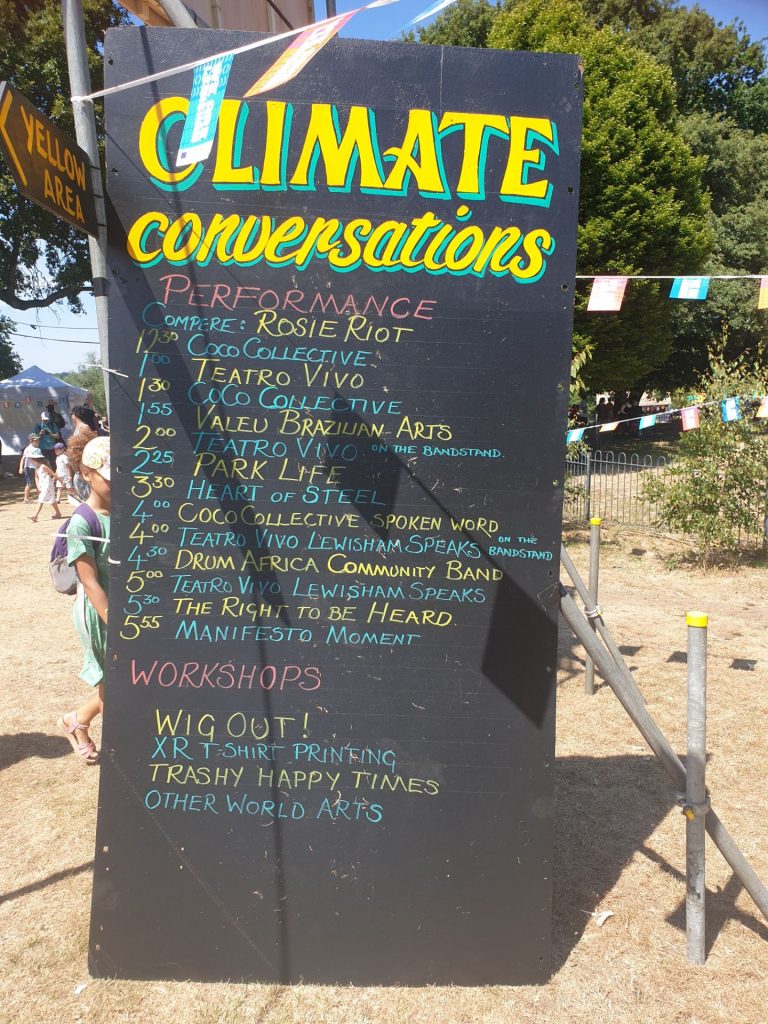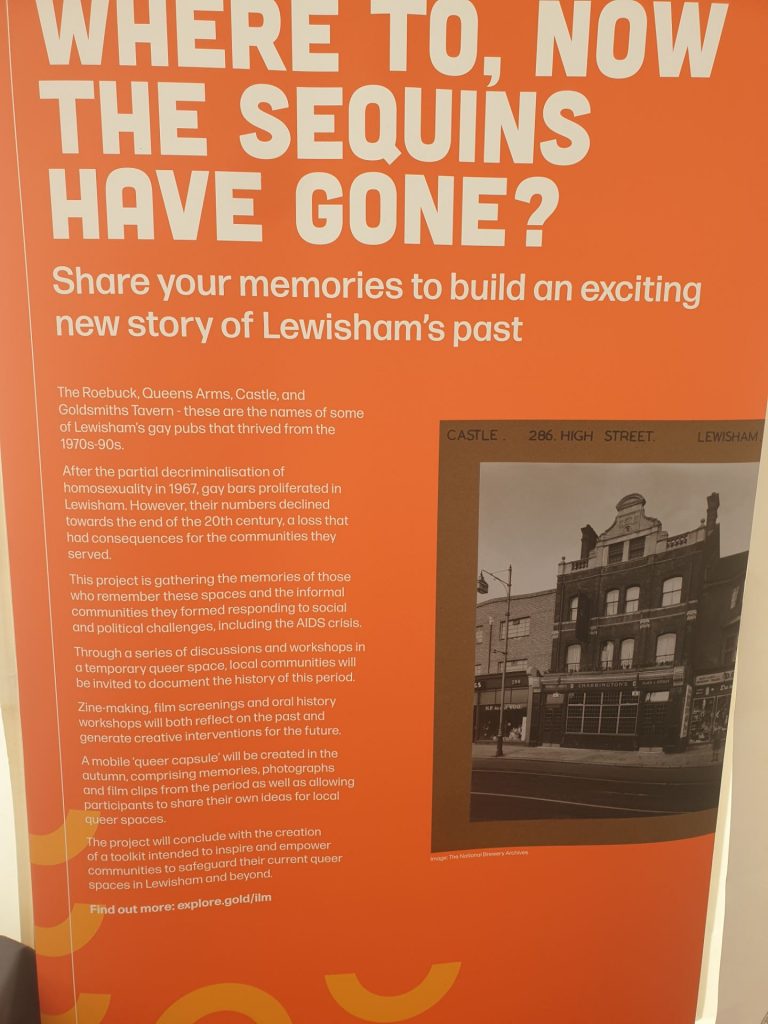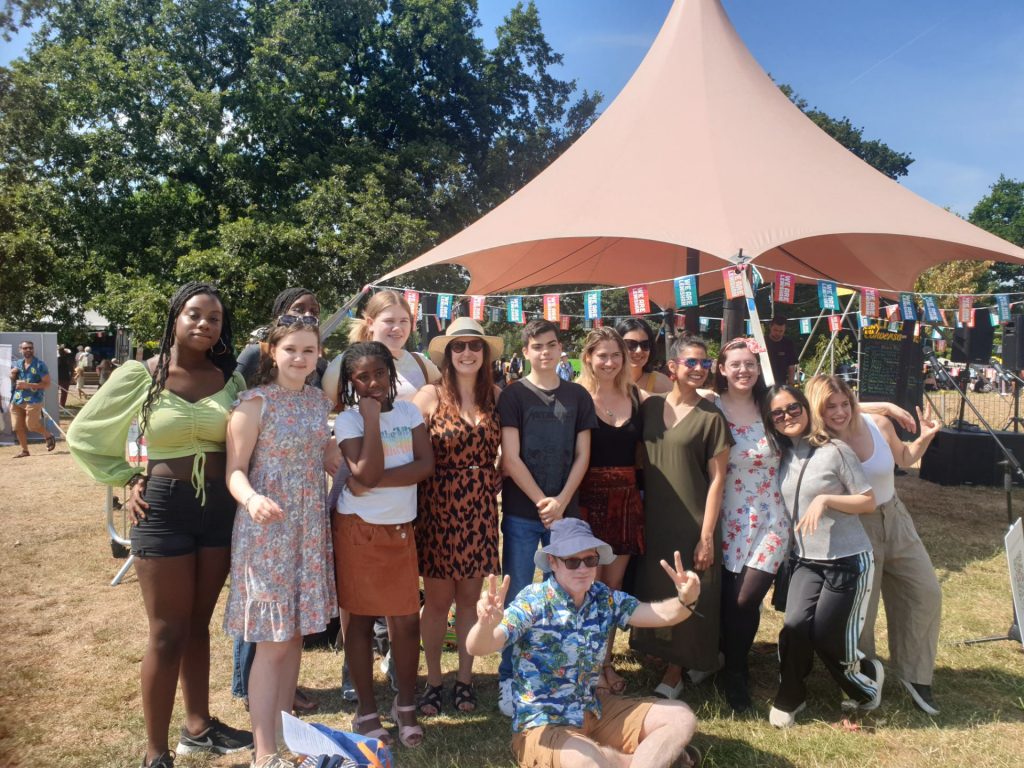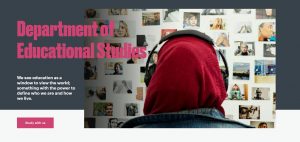We have a series of blog posts introducing colleagues who have recently joined Goldsmiths’ Educational Studies Department. Find out more about their role at Goldsmiths, why they decided to join, the areas they teach and what they do during their spare time! This gives you a glimpse of the vibrant research and teaching community at our department.
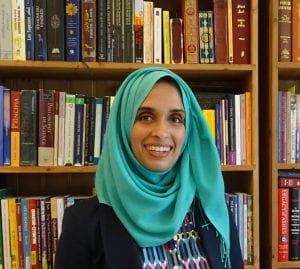
Dr Amina Shareef, Lecturer in Education, joined Goldsmiths in September 2023
What was your role before you came to GS?
I was a doctoral candidate at the Faculty of Education at the University of Cambridge.
Tell us a bit about your research and teaching expertise – what do you specialize in?
My research is animated by an abiding interest in understanding how young British Muslim women are subjected by power—made into liberal female subjects—by anti-Muslim racism. My understanding of anti-Muslim racism is grounded in the discourse and practice of the War on Terror on the home-front, particularly the PREVENT policy which I take as a gendered regime of security. And I am particularly interested, following Saba Mahmood’s work on secularization, in understanding how the management of British Muslim populations takes place through the remaking of religious subjectivities into liberal subjectivities.
What drew you to Goldsmiths? And to the department?
I was drawn to the department of Educational Studies at Goldsmiths by its reputation for being committed to the project of racial justice and for encouraging radical intellection in the areas of race and racism. I was also drawn by the diversity that is reflected in the student body which I see as an opportunity for a rich and meaningful teaching experience.
Which programmes do you teach on here and what your contribution to those programmes?
I teach on both the MA and BA programs at the Department of Educational Studies. On the BA program, I teach on a number of modules. They are: Culture and Identity, Race and Representation, Children’s Cultures, Children and the Construction of Identity, and Youth Cultures. I also supervise undergraduate and master’s dissertations.
What makes the programme(s) interesting and important? How do you think potential students might benefit from taking the programme?
What makes the BA programme an incredible program is that it offers our students a more analytical perspective on educational institutions and systems. Our program allows our students to explore the following questions: What is education? How is education experienced by young people? How do educational systems intersect with other axes of domination such as race, class, gender, and nation? Whose knowledge counts as knowledge? How are identity and belonging produced through education? Our program gives potential teachers a robust understanding of the system of which they are a part as well as frameworks for doing education differently. Our program nicely positions our students for pursuing a master’s and doctoral degree in the future if they so wish to do so.
What do you do in your spare time?
What spare time! Between work and my two young sons, I do manage to find some time to pursue a pastime beyond research and teaching. I am active in anti-racist advocacy that serves marginalized communities in Britian. And I am currently training to run my first half-marathon in October!
What reading/books/resources would you recommend to students who might be thinking of taking your programme?
Some of the areas of critical thinking that have been fundamental in making me into the researcher and teacher that I am have been Islamophobia Studies, Critical Race Theory, Black Studies and Feminist thought. Arun Kundnani, Sherene Razack, and Mimi Thai Nguyen have been some of my favourite thinkers.
Learn more about Dr Amina Shareef’s teaching and research.
Learn more about the Staff at the Educational Studies Department.
Learn more about BA Education at Goldsmiths.
